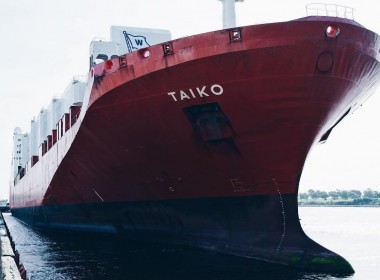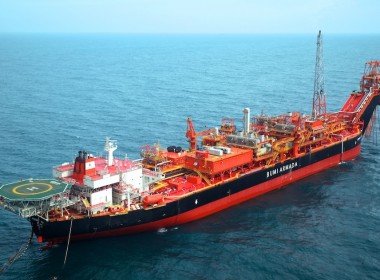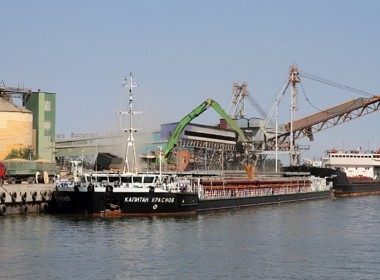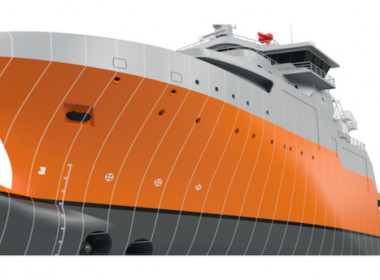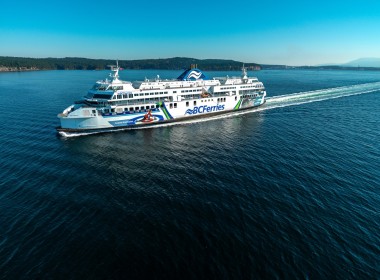Study reveals over 65 per cent of ships still operating with asbestos

Despite the introduction ten years ago of regulations prohibiting the use of asbestos materials onboard ship, a significant number of existing and newbuild vessels continue to operate systems and machinery containing the hazardous substance.
According to CTI Group subsidiary and Singapore-based maritime testing facility Maritec, which carried out asbestos surveys for IMO compliance between 2011 and 2020, more than 55 per cent of in-service vessels and 50 per cent of all newbuilds were found to contain asbestos materials.
“Although newbuild ships are delivered with an asbestos free declaration, in many cases asbestos has been found onboard during subsequent surveys, or port state inspections,” said John Rendi, Maritec’s General Manager, Environmental Services.
Under SOLAS regulation II-1/3-5, asbestos is banned in all ships built after 2011. Ships built between 2002 and 2011 may have asbestos fitted but only in certain specified areas (rotary vane compressors and thermal insulation >1000C, for example).
Maritec clarified that, if during an IHM survey asbestos is found onboard a ship built after 2002 (except when permitted in certain machinery on ships built before 2011), then it needs to be removed within a period of three years and replaced with a non-asbestos equivalent. Further, this replacement must not be attempted by anyone other than trained and certified professionals.
“The majority of vessels in operation contain asbestos, normally through spare parts in the form of gaskets, pipe gaskets and valve packing,” said Maritec Operations Manager Alvin Lee. “A ship could leave the yard free of asbestos but find itself taking spare parts from countries where either asbestos has not yet been banned or where enforcement is week. The problem is very much a supply chain issue.”
Pipe flange gaskets, valve packing and components in auxiliary machinery equipment, such as pumps, compressors, condensers, and oil purifiers, accounted for more than 63 per cent of all the asbestos found on the vessels surveyed.
Other equipment where asbestos is commonly found includes heat exchangers, economizers, boilers, and inert gas systems.
Lee furthered that differing asbestos restrictions from country to country further compound the problem. For example, the permissible threshold value for asbestos in the United States is one per cent while in France it is zero, and in Singapore it is 0.1 per cent.
Shipowners are therefore advised to undertake an initial ship inspection by a qualified professional to investigate the possible presence of asbestos-containing materials on board the ship and, if any are identified, to locate them and assess their condition. The inspection should also serve as the basis for establishing an effective maintenance and monitoring programme for dealing with the asbestos in the ship.


